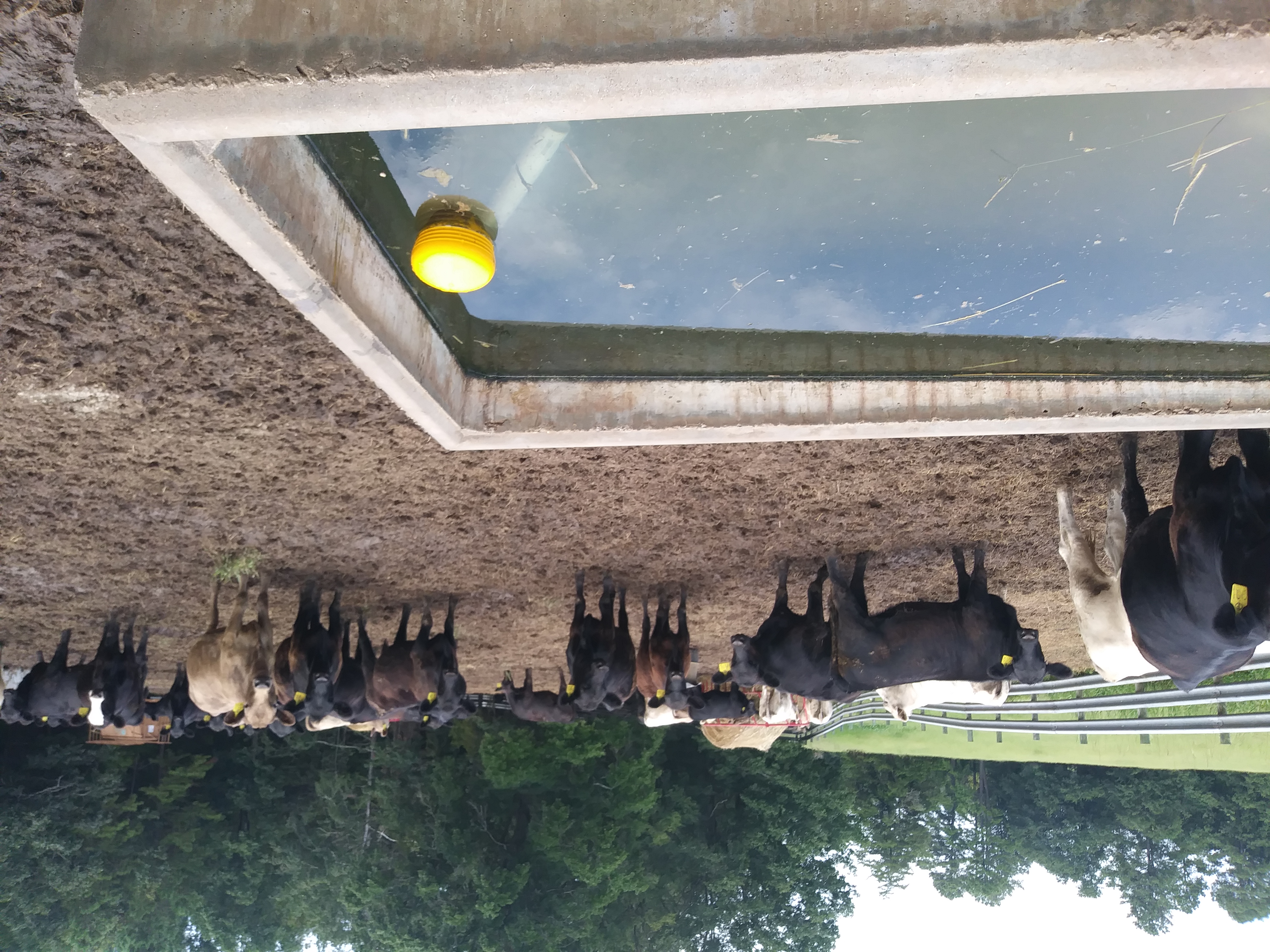Story in Brief
Livestock production relies on good quality water sources for animal health and adequate consumption. Contaminated water can lead to decreased water intake and health issues affecting reproduction and growth. To inspire farmers to consider the water quality they provide to livestock, a water sampling effort was conducted in northeast Georgia to test for parameters known to cause health issues. A survey of water was conducted by sampling farms in 11 counties with the assistance of UGA Extension agents in Franklin, Stephens, Habersham, Oglethorpe, Jackson, Walton, Oconee, Madison, Morgan, Warren and Lincoln counties. Thirty-two farms participated in the project and 50 livestock watering sources were sampled. These included a variety of well water troughs, ponds, and streams. All samples were analyzed for iron, manganese, sulfate, molybdenum, chromium, calcium, copper, sodium, fluoride, chloride, phosphate, soluble salts, total dissolved solids, turbidity, nitrate and nitrite, pH, and fecal coliform bacteria. Ten of the samples were also analyzed for arsenic, selenium, cadmium and lead. The farms that participated in the survey received free water quality reports on their livestock drinking water sources. They can use the results to determine the best water management actions to provide the safest water possible for livestock on their farm. Farms that have water quality issues higher than the recommended limit will receive custom consultation about water maintenance and improvement. Cattle can gain an additional 10 percent of their weight over 90 days with access to higher quality water, leading to higher consumption and less health problems. Such an increase could contribute an additional $49 million to the value of beef produced in Georgia. The farms that participate in this project will be surveyed next year about any improvements made to livestock drinking water quality and whether they notice differences in livestock performance and health.

